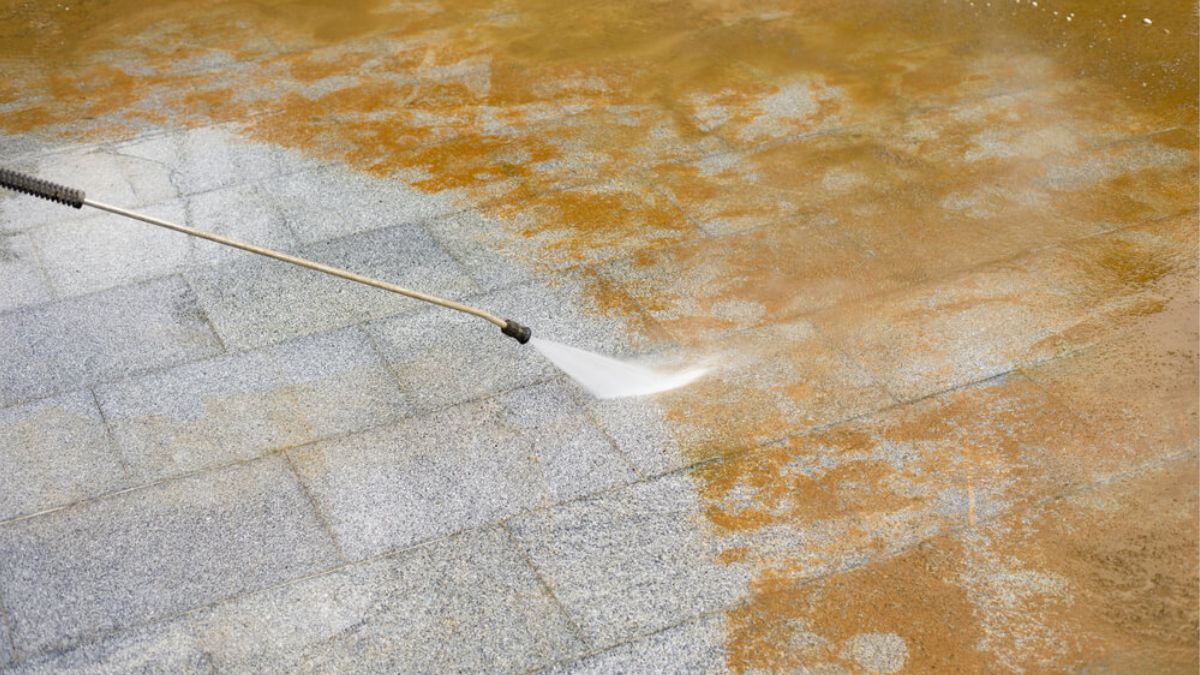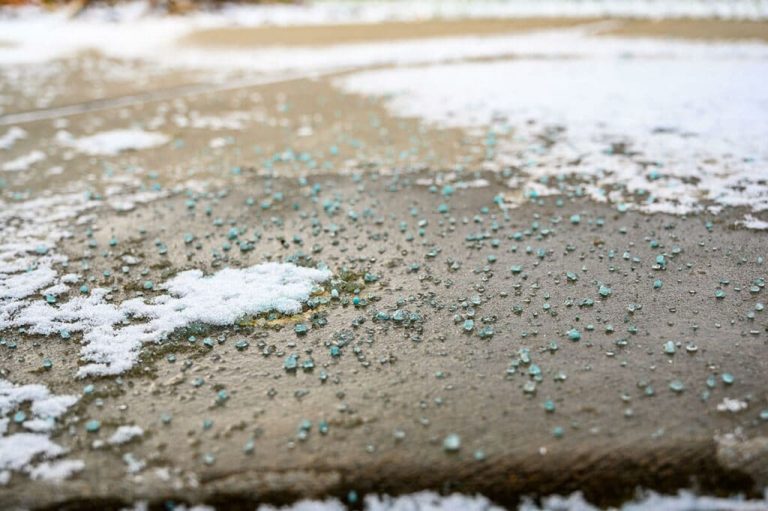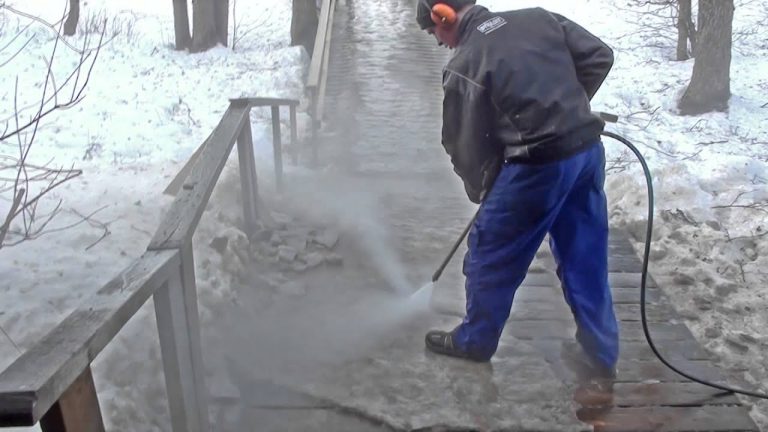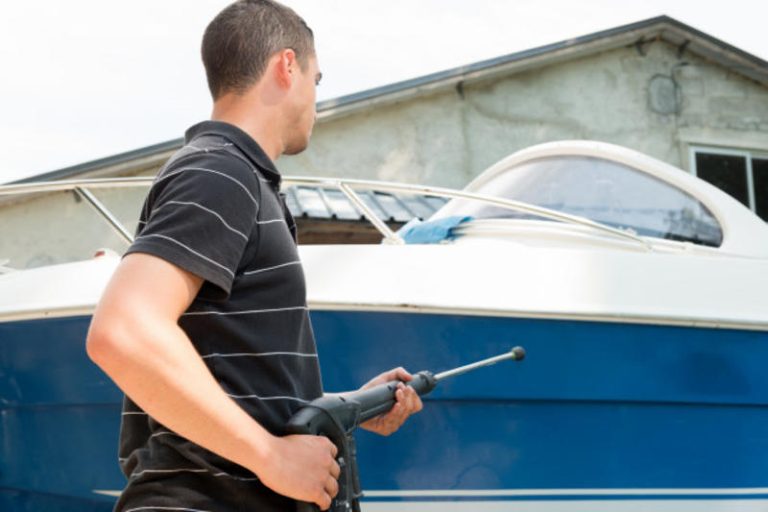
If you’ve ever shopped for a pressure washer, you’ve probably asked yourself: Should I get an electric model or a gas-powered one? 🤔
Both types of pressure washers can blast away grime and transform your outdoor spaces—but the best one for you depends on your cleaning needs, your budget, and how often you plan to use it.
In this guide, we’ll compare electric vs. gas pressure washers side by side, so you can make the right choice with confidence. 💧🧽
🔌 Electric Pressure Washers: Lightweight & User-Friendly
Electric pressure washers are powered by—you guessed it—your household electricity. Plug them into a standard outlet, attach your hose, and you’re ready to go.
✅ Pros:
- Lightweight and compact
- Quiet operation
- Low maintenance (no oil, spark plugs, or fuel to manage)
- Great for light to medium-duty jobs
- Usually more affordable ($100–$250)
🚫 Cons:
- Lower PSI and GPM (usually 1,300–2,000 PSI)
- Must stay plugged in = limited mobility
- Not ideal for tough, caked-on grime
🔥 Gas Pressure Washers: More Power, More Performance
Gas pressure washers run on gasoline and often deliver much higher PSI and GPM. These are the go-to choice for commercial use or serious homeowners.
✅ Pros:
- High power output (2,800–4,000+ PSI)
- Excellent for heavy-duty cleaning like concrete, brick, or prep work
- No cords = total freedom of movement
- Compatible with professional-grade accessories
🚫 Cons:
- Louder and heavier than electric models
- Requires regular maintenance (fuel, oil changes, spark plugs)
- Can’t be used indoors or in enclosed areas due to exhaust
- Higher price point ($300–$800+)
⚙️ Side-by-Side Comparison
| Feature | Electric Washer ⚡ | Gas Washer ⛽ |
|---|---|---|
| Power (PSI/GPM) | 1,300–2,000 / 1.2–2.0 | 2,800–4,000+ / 2.5–4.0+ |
| Best For | Cars, furniture, siding | Driveways, decks, commercial jobs |
| Portability | Limited (needs outlet) | High (no cords) |
| Noise Level | Quiet | Loud |
| Maintenance | Minimal | Moderate to High |
| Cost Range | $100–$250 | $300–$800+ |
Browse Amazon Here For Top Rated Power Washers And Accessories
🧼 Which One Is Right for You?
👷 Homeowners & Casual Users:
If you’re cleaning:
- Patio furniture
- Vinyl siding
- Cars or bikes
- Small decks or fences
👉 An electric pressure washer will do the job without overwhelming you. It’s plug-and-play, easy to store, and perfect for weekend warriors. ⚡🧽
🏡 DIYers & Power Users:
If you’re dealing with:
- Driveways
- Stubborn oil stains
- Large patios
- Paint prep or mildew removal
👉 A gas-powered washer is a better fit. You’ll cut cleaning time in half and have the strength to tackle major messes. ⛽💪
🧰 Key Buying Tips
- Check PSI/GPM ratings, not just the power source
- Match your washer to your surfaces: more power isn’t always better
- Look at included attachments (turbo nozzles, detergent tanks, surface cleaners)
- Consider storage space and weight
- Think about frequency of use—no need to overbuy for once-a-year cleaning
🔄 Hybrid Alternatives?
Some newer battery-powered pressure washers offer portability without cords or gas—but they often lack pressure (under 1,000 PSI). They’re fine for quick rinses, but not real deep-cleaning jobs.
🌿 These might work well for RVs, boats, or small patio areas where convenience is more important than power.
🧼 Final Thoughts
Choosing between an electric and gas pressure washer really comes down to your cleaning goals.
- Want something light, quiet, and budget-friendly? Go electric.
- Need raw cleaning power and mobility for tougher jobs? Gas is your friend.
Either way, knowing the difference in performance, upkeep, and cost will help you make the right choice—and make power washing a lot more satisfying. 🧽🏡⚡⛽
Browse Amazon Here For Top Rated Power Washers And Accessories






